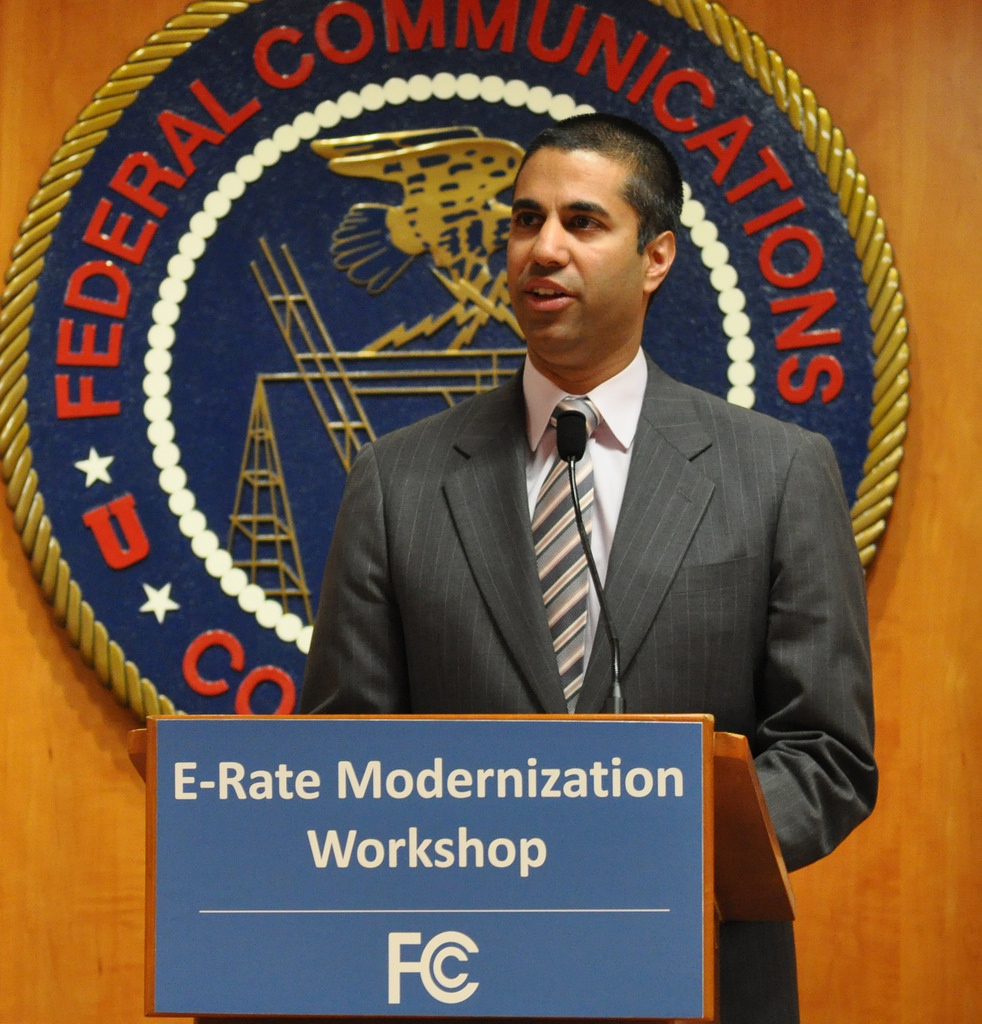The Federal Communications Commission (FCC) recently voted to abolish laws that made it illegal for ISPs (Internet Service Providers like Verizon, Comcast, etc.) to slow down or block websites. These laws also made it illegal to demand payment for access to specific sites.
This is what will happen next, and why you should stay tuned to the changing regulations:
Why is this a big deal?
The internet is already central to most people’s lives and is only becoming more and more important. Because of this, people are very aware of how it is regulated and controlled by the government. Any changes to the way the internet is regulated can change people’s daily lives, and people are afraid of the internet being broken down into ‘packages’ where they are forced to pay for access to certain sites or bundles of sites.

The image above implies that one would have to pay to access these services, but that may not be true. What could end up happening is that ISPs could worsen a practice called zero-rating. Zero rating is the practice of providing connections to specific services without financial cost. An example of a current zero-rating program is Verizon’s FreeBee data, among others, which allows users to enjoy sponsored content free of data charges.
Currently, this practice benefits consumers, but without the protection of net neutrality, users might have to then pay for access to other, non-partnered services, such as startups. ISPs could also simply choose to speed up their own services so it is more comfortable to use it than it’s competitors.
People are also worried that these laws could shut out small businesses and promote monopolies. If it is free to access a competitor’s service, why access the smaller or non-partnered service, such as a small town newspaper, which may not be able to afford an expensive contract with ISPs?
Will my access to some sites be blocked?
Maybe.
ISPs are smart enough to know that all eyes are on them right now, so it is doubtful that any major or noteworthy changes will be made anytime.
Most likely, it will start with small slowdowns, zero-rating and expand from there, although there is no telling what they will do.
For example, a company like AT&T could choose to charge Netflix for letting their customers use Netflix at high speeds.
They could also straight up block websites, permanently slow them down, or break all websites on the internet down into packages, like cable TV.

It’s a wild, wild west out there.
Are there any possible benefits for consumers?
Consumers could actually end up liking some of the programs introduced as a result of the death of net neutrality. If you really like Netflix or Youtube and your ISP decides to partner with them to let you stream without using your data, you would be able to stream from those services with no worries about using up your data (other than your battery, of course).
Can the legislation be changed?
Yes.
A Congressional Review Act (CRA) can be used to overturn the FCC decision.
The CRA rules let Congress review new regulations issued by government agencies. A CRA can be brought through by a petition signed by at least 30 senators. Then, after a maximum of 10 hours of debate, all that needs to happen to overturn the net neutrality repeal is to win by a majority on the vote.
If net neutrality is important to you, visit this website to take action.
By Trevor Jehl

































































